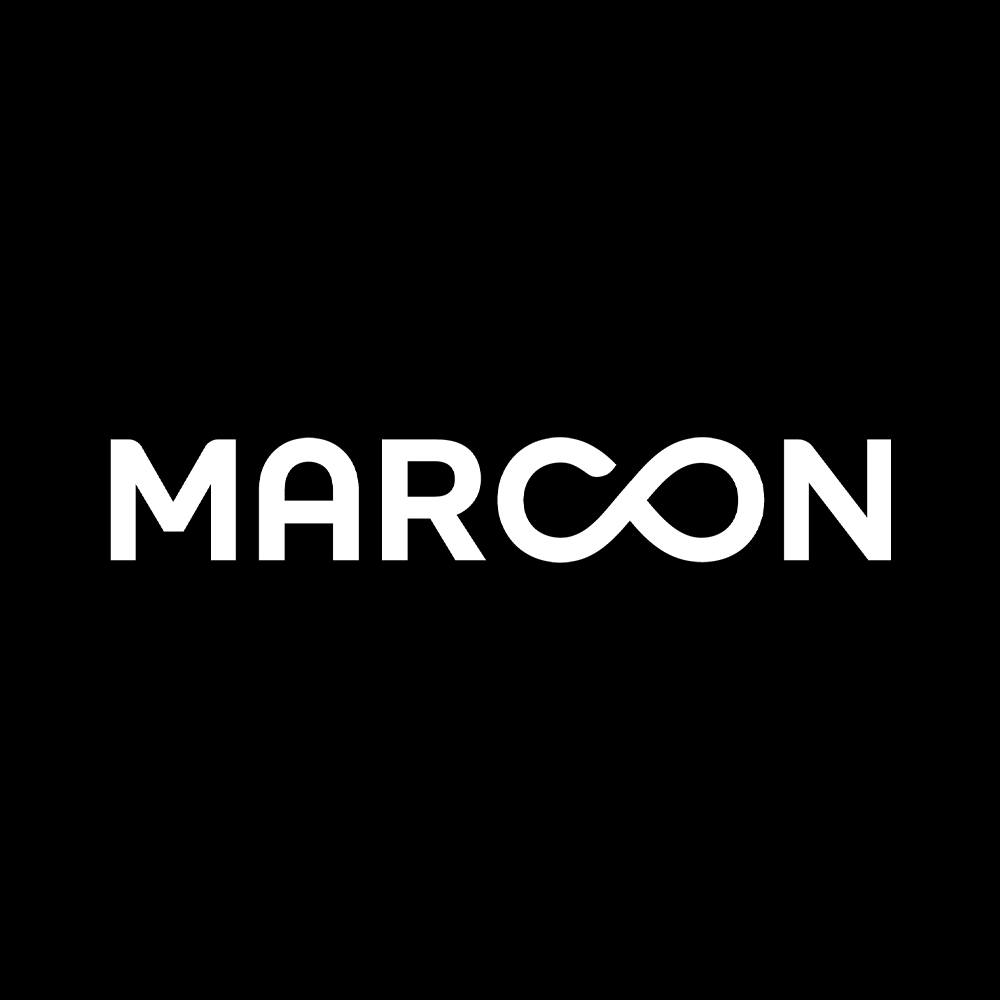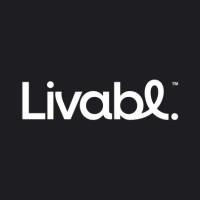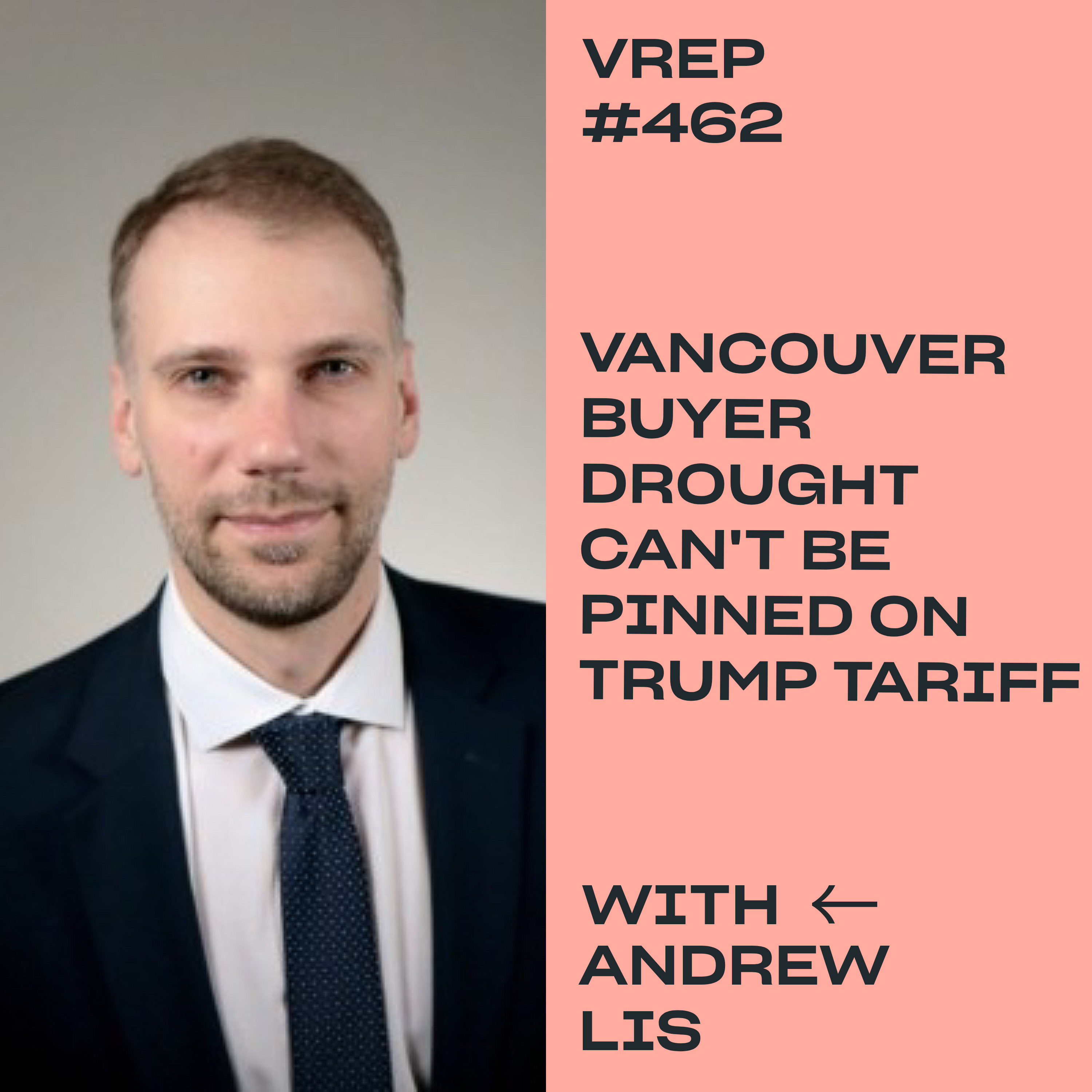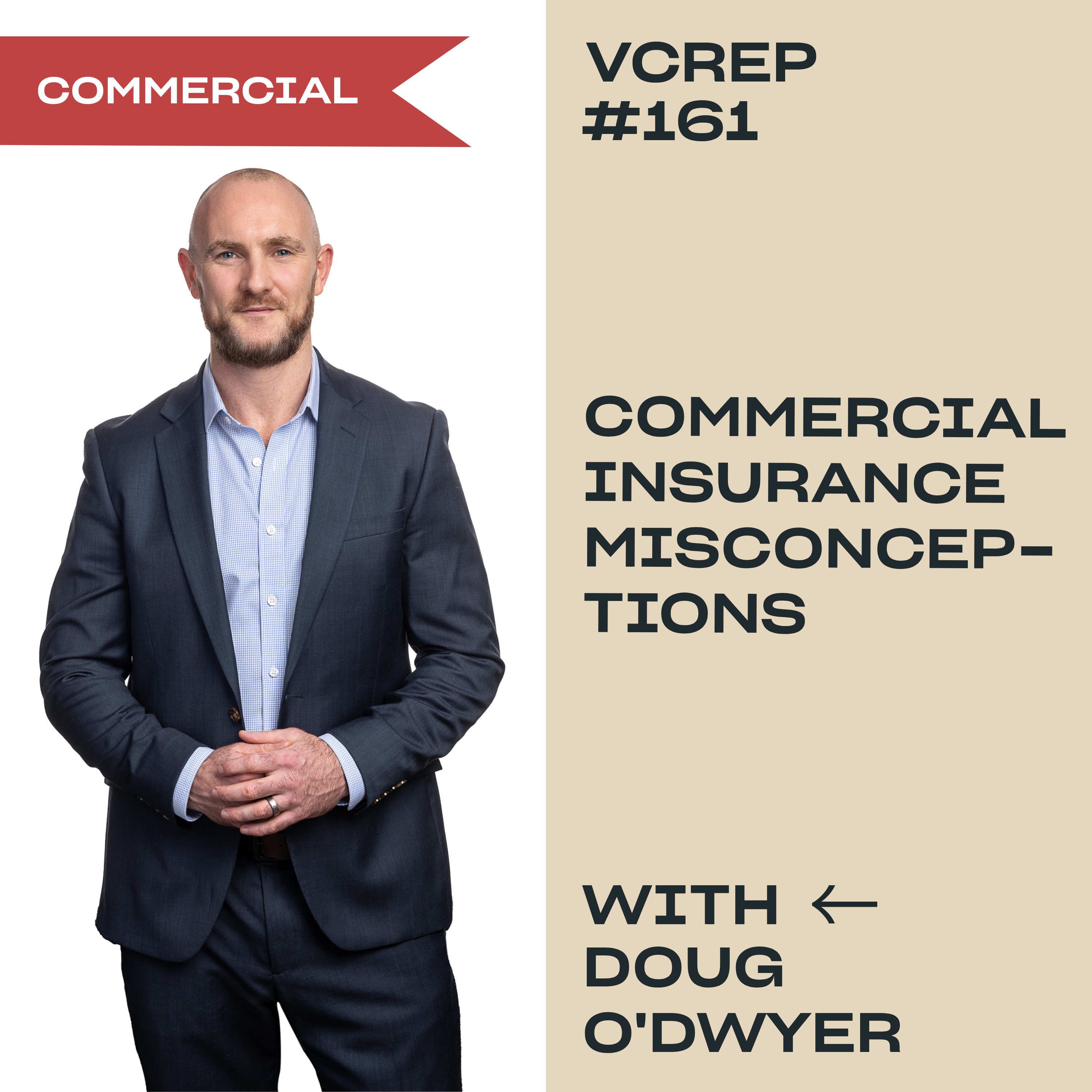Episode 384 – August 14, 2023
Listen On: Apple Podcasts | Spotify | Google Podcasts
Guest Information
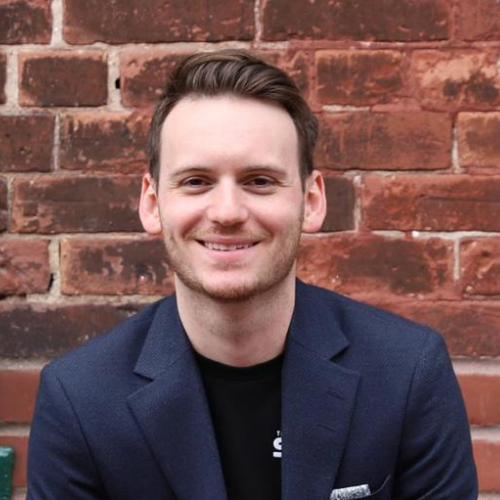
Tom Storey
Tom Storey is the Team Leader and a Sales Representative (Top 1% in Canada) at The Storey Team. Tom is considered one of the top 35 Realtors in Canada under 35 years old and is consistently in the top 1% of all Realtors in the marketplace. He often speaks with the Toronto media about our local real estate market. Tom has spoken all over North America about the Real Estate industry and remains on the cutting edge for information and strategy. Tom is your go to choice when buying or selling in the downtown core.
Episode Summary
Can you simplify your Canadian real estate investment portfolio? Matt and Adam talk to Tom Storey about what’s happening in the Toronto real estate market, why location matters more than interest rates, and how you can find a real estate investment strategy that works in Toronto, Vancouver and beyond!
Keep your finger on the pulse of Vancouver’s real estate market with our Live Wire email newsletter.
Who is Tom Storey? What is The Storey Team?
I’ve been in real estate for 10 years starting at 22 years old when I lived in my parents’ basement. I run a team in Toronto, The Storey Team, and built out the business doing a lot of rentals. We then moved into downtown condos in Toronto. As our clients mature, they’re selling that condo and buying a house. We’ve built a well-oiled, yet small, machine trading 95-120 properties per year.
Can you tell us about your podcast?
I also have a podcast, The Tom Storey Show, that I do with Steve Karrasch and that Adam was recently on. Steve and I have been friends in the industry for over five years now. We used to talk on the phone about what we were seeing in the industry and thought it would be a good idea to record those conversations. We were actually inspired by your show!
We’re 60 episodes in now, about a year in, and actually get the most views on YouTube. It’s fun because I’m in Toronto and he’s in Surrey, so we can offer different perspectives.
Right now it seems like TikTok and Instagram are the platforms where you can get the most views and where people go to be entertained. But long form audio or video is where people go when they want to learn. We chose YouTube because I love long form content where an audience really learns something and comes back every week.
Our podcast is for homeowners; it’s for consumers. We’re not trying to talk to other realtors and just talk numbers all the time. We want to let the public know what we’re seeing on the ground.
Most people who enjoy what you create just listen and then go on with your day. It’s usually the people who dislike it that let you know. But now, I’m hearing from people who listen to the podcast every week and reach out to pursue business opportunities. Bringing on guests who are smarter than me has also taught me so much about Canadian real estate. That’s been a huge benefit for my business.

Can you tell us about your real estate investment strategy?
I heard someone once say, “I’ve been to a lot of real estate agents’ funerals, but not many of their retirement parties.” Hearing that, I asked myself if I wanted to spend my whole life working. That was my wake up call. That’s how I started investing.
I bought my first condo at 24 years old for $360,000. I lived there for a year and luckily sold when the market was better. I bought a bigger property, refinanced and rode that wave for a while. I started with condos but now the goal is to own as much dirt as possible. I now have one condo left and three houses, one being a five-plex. I started with what I could afford, built that asset up and then moved the equity into freehold properties.
My investment philosophy is: 30 years from now, what will it cost me per month to retire? Whatever that number is, I times it by three because it’ll be more than I think, and then that’s the cash flow I need. These properties are my retirement.
I’m not bothered by what is going on with interest rates right now because I’m not selling. Short term, it’s a bumpy ride and that will separate the amateurs from the professional investors.
I’m less concerned about the equity and more concerned about getting my properties to a place where they are cash machines each month. I have to figure out how many properties I have to add to my portfolio so that the cash flow provides a comfortable retirement.
In the next 10 years, I think the Canadian real estate market will either be the same, will crash and burn, or it will just be whatever the 40 year average is. In Toronto, we’re still seeing 6.5% yearly appreciation compounding since the 80’s. It probably won’t be the worst case or the best case.
How do you calculate what rent will be on your properties 30 years from now?
I’m being super conservative and using today’s rents, because I don’t want to overpromise. But I do update the numbers every year.
It doesn’t have to be housing. You could invest in the stock market and get dividends or something else. For me, I understand real estate so that’s where I’m invested.
Where are your investment properties?
I own a house in the east end of Toronto. It’s a prime area with low inventory. That’s where I currently live right now and I know some people will argue it’s not an investment because it’s my principal residence. I understand that argument.
The second one is a cottage property that I bought during the pandemic because I needed an escape. I bought before the market went crazy and it’s worth more than I paid for it. There are no Airbnb regulations in the area so I’m already seeing a lot of cash flow from that property as a short term rental.
Keep your finger on the pulse of Vancouver’s real estate market with our Live Wire email newsletter.
Property #3 is a condo in the downtown core of Toronto. I bought that condo pre-construction in 2018 and took a fixed rate mortgage. The rental market has exploded since. We bought that for $550,000 from the builder and it’s probably worth $750,000-800,000 today. It cash flows $1000 per month, which might change when our mortgage comes up for renewal. We’re paying double principal to get that paid off quickly.
And my last property is in Vancouver. It’s a five-plex that I own with two other people through an LP. It’s cash flowing and doing very well. We’ve had it for 18 months now and it’s managed by one of the partners who has experience working for a large REIT. I’ve never actually been to that property.
How does location tie into your investment thesis?
If you take an average property, it will sell when the market is hot and sit when the market is slow. But if you have a property with wow factor, it will sell even when the market is slow. I’m trying to look at how many wow factors exist to help a property rent out or sell in the future. And the first wow factor to me is a big city with population and job growth.
A lot of people have started blindly investing in other markets since the pandemic. That terrifies me. I wouldn’t have invested in Vancouver unless I knew someone there who I trusted.
Can you tell us about your strategy of doubling your principal payment on your Toronto condo investment property?
Right now, the cash flow from my properties doesn’t affect my life because I have an income from my business. At the beginning of my investment journey, I took more risks and leveraged a lot because I had never been through a bad market. I was lucky but I’ve seen people get burned. You can be put in a bad position if you take all the equity out.
So we’re paying down the principal because I know that my long term goal is to get all of these properties paid off so I have that cash flow when I need it in the future.
How is the Toronto real estate market doing right now?
Similar to Vancouver, Toronto has had an inventory issue for most of 2023. From January to May, we saw price growth every single month, which no one saw coming. But since the last few rate hikes, that has stopped. We think the peak of the year might have been May 2023 for all asset classes.
The average detached property in Toronto proper is $1.8 million. A semi-detached in the core would be $1.4 million, a townhouse is $1 million and your average condo is $770,000. It’s still a very expensive market even though we’ve dropped from February 2022 prices. But if you need a mortgage, it’s more expensive now than ever before.
I’m in the Beaches in Toronto. A lot of people like this area. The houses in my area are still selling with multiple offers because there are so few homes to choose from. Demand outweighs supply. But in the Toronto condo market, it has slowed down. There’s more inventory and it’s going to be a more balanced market for a while.
I’m no longer tracking active inventory, because that’s just leftover inventory that’s sitting on the market. We hear about those properties a lot in the media. But I’m looking at new listings and how many are coming to the market. Once they start coming on at a faster rate, the inventory will build up and put pressure on prices.
Sellers want the May 2023 price but buyers know it’s slowing down. Sellers will wait for the price they want or wait until the fall. But if new listings pick up, buyers will eventually wear sellers down to reduce their prices.
Spring 2023 might have been the first regular spring market we’ve had in three years. I think this fall is going to be typical. We might see the same transaction volume as 2018/2019. It won’t be as busy as 2020/2021 but it will be better than 2022. I don’t think we’ll peak again this year.
For Toronto, 75% of all condos that have sold this year sold for under $750,000. That’s the kind of inventory we need because that’s what buyers can afford.

On the new first time homebuyer:
We used to tell first time homebuyers to “drive until you qualify.” But during the pandemic, you had to turn around because the prices were still high no matter how far you drove. Now, you have to know if you’re ever going to go back to work and, if so, what is the value of your time?
We have clients who have rented for the last five years and don’t want to leave their rent controlled building. They want to get into the market but they can’t afford Toronto. So we have first time buyers who are investors. They’re going to buy 1-2 hours from Toronto and rent that out, while continuing to rent and live in the city. Just a heads up: You don’t qualify for the first time homebuyer’s grant if you do this.
In Toronto, there is rent control for buildings built before November 15, 2018 and none for buildings built after that date. But it hasn’t done anything. Rents are so bad here! Obviously as a real estate investor, it’s great. But I can’t believe what it costs to live in the city today.
What submarkets of Toronto are you excited about?
In the Beaches where I live, there is Queen Street. If you’re south of Queen, you’re closer to the water and there’s a premium on your house. I’m just north of Queen, so slightly outside that.
If you go east of the Beaches, you get to Scarborough. Kingston Road goes all the way down and I think the next premium is going to be south of Kingston. You can still buy a freehold property for under $1 million there – in fact 52 sold in the last 60 days! That doesn’t exist in many areas of the city.
I’m told the Eglinton LRT, which has been under construction forever, will eventually be completed. If you look at the houses off Eglinton west of Yonge, people have lived in these bungalow-style houses for 40-50 years. We’re starting to see infill in these areas. If you can get a decent lot, that would be an area where I would look for an investment.
What are the biggest differences and similarities between the Toronto and Vancouver real estate markets?
Downtown Vancouver, for someone from Toronto, is tiny. I couldn’t believe I could walk everywhere! That was very surprising for me. The unaffordability of both markets and high rental prices compared to other Canadian cities are probably the biggest similarities.
I’ve worked with quite a few people who have moved from Vancouver to Toronto who want an amazing view. So I get them a condo on the 65th floor with a view of the lake and they’re asking, “Where are the mountains?”
Vancouver seems to have a calmer attitude towards life, which I envy. Toronto is more fast paced. But there are still a lot of similarities. Many Toronto restaurants came from Vancouver and both cities complain about their public transit.
For what you get, Vancouver is a more expensive market. But Toronto rents are the same or higher, even though sale prices are lower. There’s extreme demand in the rental market.
Keep your finger on the pulse of Vancouver’s real estate market with our Live Wire email newsletter.
The 5 Wire: Getting to Know The Storey Team’s Tom Storey
One book you recommend
Traction by Gino Wickman. It’s for business owners and is the foundation for how I built out my team and my business.
In the last five years, what new belief, behaviour or habit has most improved your life?
I don’t think to do lists work unless it’s on your calendar. I know it’s simple, but that has changed my life. If it’s not on my calendar, it’s not happening.
What have you been binge watching lately?
The Bear! It’s such a good show. If you watched Shameless, you’re going to like this.
Favourite band or type of music?
I love all music but I would probably go with John Mayer. He’s a talented musician who just needs a guitar.
What is something you’ve purchased recently for under $1500 that has had a positive impact on your life?
A stand up paddle board for my cottage.
Keep your finger on the pulse of Vancouver’s real estate market with our Live Wire email newsletter.
Episode Host

Adam Scalena
Adam is a full-service realtor, specializing in Vancouver’s best areas. His systematic approach to real estate and dedication to his clients has consistently placed him within the top 10% of realtors operating within Greater Vancouver.

Matt Scalena
Matt is real estate obsessed and considers himself a lifelong student of the Vancouver real estate market. As a co-manager of the Scalena Real Estate team, Matt prides himself on expertly advising buyers and sellers on all aspects of the fast-paced, dynamic Vancouver real estate market. He is present at every stage of the process, from that first phone call or email right through to when keys are exchanged between sellers and buyers.

